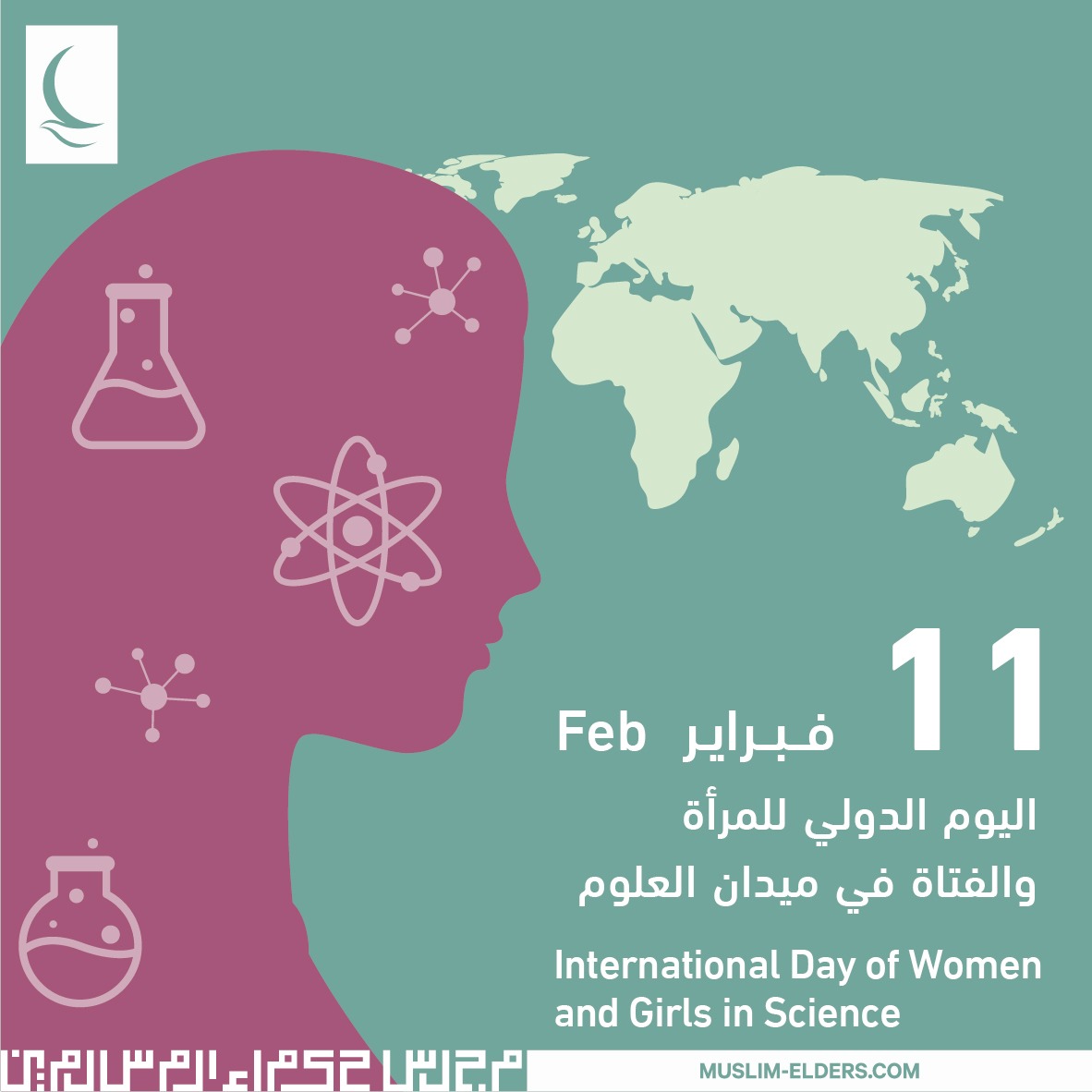On the International Day of Women and Girls in Science - Muslim Council of Elders: Our Islamic and Arab history is enriched with influential examples of inspiring women in the field of sciences
The Muslim Council of Elders, under the Chairmanship of His Eminence Dr. Ahmed Al-Tayeb, the Grand Imam of Al-Azhar, emphasizes that Islamic and Arabic history is enriched with influential and positive examples of inspiring women and girls in the field of sciences. It pointed out that Islam honors women as mothers, sisters, daughters, and wives, elevating their status in all aspects and urging kindness, good conduct, and care for them. The Council referred to Prophet Muhammed's (PBUH) hadith, "Treat women kindly" (Narrated by Muslim). Islam prioritizes education as a fundamental right guaranteed by Islamic law for women, providing them with equal opportunities to acquire knowledge and skills in various fields without discrimination.
In a statement on the International Day of Women and Girls in Science, on February 11 of each year, the Muslim Council of Elders affirms that this day is a crucial opportunity to highlight women's contributions in the fields of science and technology. It calls on relevant institutions and organizations to intensify efforts to promote women's participation in science and technology by ensuring equal opportunities for education and scientific training. The Council also urges addressing challenges and difficulties hindering their full participation in these fields while providing a safe and supportive working environment.
The statement further emphasizes that women constitute half of society, and supporting and empowering them is an investment in the future that benefits the world as a whole. It points out that the Document on Human Fraternity, co-signed by His Eminence Dr. Ahmed Al-Tayeb, the Grand Imam of Al-Azhar, and His Holiness Pope Francis of the Catholic Church, in Abu Dhabi in 2019, affirmed women's right to education and work and also stressed the necessity of working to free them from historical and social pressures that contradict the principles of their faith and dignity.

